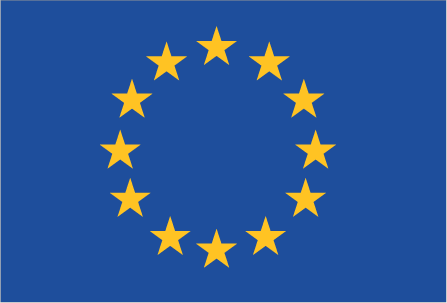After Russia terminated a pact that allowed the shipments, the agriculture ministers of the European Union gathered on Tuesday to examine other means of transporting grain important to global food security out of Ukraine.
At the same time, they want to ensure that farmers in nations neighboring the war-torn nation may maintain their current incomes.
Since Russia cut off the wartime pact that allowed grain to flow from Ukraine to nations in Africa, the Middle East, and Asia, where famine is a growing danger and high food prices have pushed more people into poverty, the ministers convened in Brussels for the first time since last week.

As part of the arrangement, Russian food and fertilizer could more easily enter and leave the country, and vessels entering and leaving Ukrainian ports were assured they would not be targeted.
Poland, Slovakia, Hungary, Romania, and Bulgaria were going to extend their ban on Ukrainian grain imports, and Poland’s agriculture minister Robert Telus was going to address the EU meeting about it.
In an effort to avoid grain from getting delayed in Poland and producing a supply glut that pushes down prices for local farmers, Lithuania’s agriculture minister, Kestutis Navickas, said on Tuesday that export procedures for grain may be transferred from the Ukraine-Polish border to Lithuanian ports.
Since Russia threatened retaliation for an attack that damaged a key bridge between Russia and the Moscow-annexed Crimean Peninsula, Russia has attacked Ukrainian essential grain export facilities over the past several days. The Ukrainian drone boats were to blame for the attack according to Russian officials.
Ukraine is likewise keen to maintain its seaborne grain exports. It established its own temporary maritime channel and assured the United Nations International Maritime Organization (UNIMO) that it would compensate any damages incurred.
Russia, meanwhile, has warned that it will suspect any ships passing through the Black Sea of transporting weaponry for Ukraine. Ukraine has seemingly responded to Russia’s tit-for-tat by saying that any ships traveling to Russia’s Black Sea ports will be assumed to be transporting military cargo.
Support InfoStride News' Credible Journalism: Only credible journalism can guarantee a fair, accountable and transparent society, including democracy and government. It involves a lot of efforts and money. We need your support. Click here to Donate
